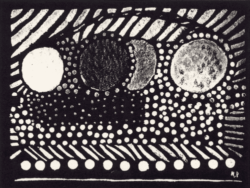Jung’s Concept of the Animus
with Lucille Klein, MA, NCPsyA
With the current debate over the nature and content of gender, Jung’s concepts of the anima/animus are being re-examined and, in some cases, reformulated or even discarded as a means of conceptualizing psychological life. It was recorded in 1989.
This lecture is part of the set Views of the Animus, which includes the following lectures:
- Jung’s Concept of the Animus – Lucille Klein
- Animus Images in Dreams, Myths, and Fairytales – Lois Khan
- Female Authority: Stages of Animus Development – Florence Wiedemann and Polly Young-Eisendrath
- Animus as Servant to the Self – Caroline Stevens
- Animus: A Non-Gender Perspective – Cathy Rives
The diagram below is referenced in this talk:
Lucille Klein, MA, NCPsyA is a retired Jungian analyst in Matteson, Illinois. Her essay on “The Goose Girl” appears in Psyche’s Stories, vol 2: Modern Jungian Interpretations of Fairy Tales.
Podcast: Play in new window | Download (30.1MB)
For the full lecture, CLICK HERE
For the complete set, CLICK HERE
© 1989 Lucille Klein. This podcast is licensed under a Creative Commons Attribution-NonCommercial-NoDerivatives 4.0 International License. You may share it, but please do not change it, sell it, or transcribe it.
Music by Michael Chapman
Edited and produced by Benjamin Law


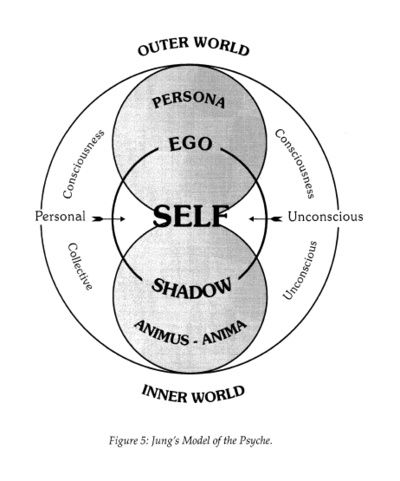

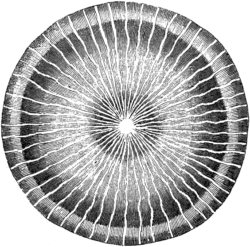

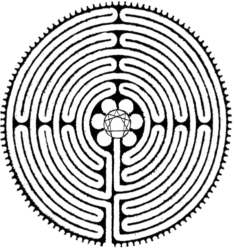


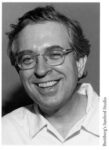
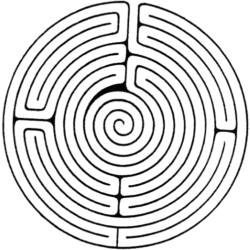
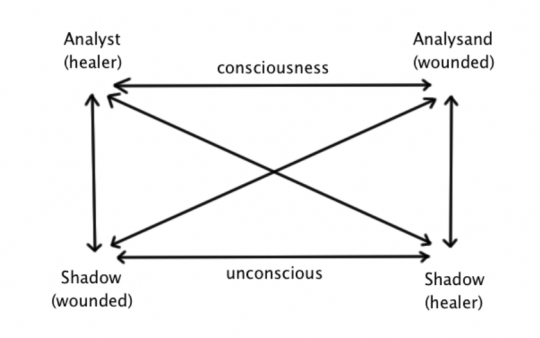


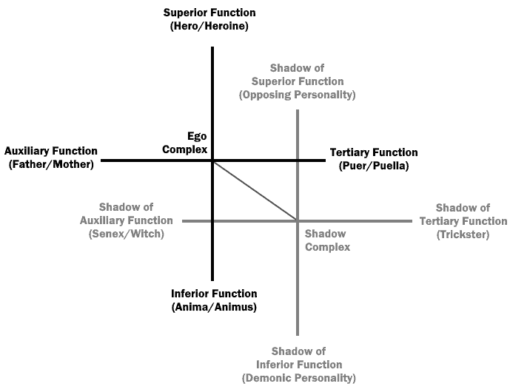

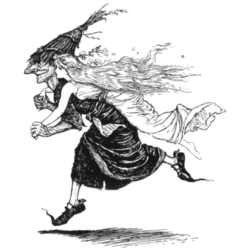
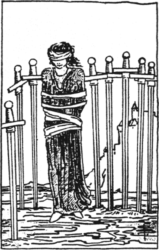 with Brenda Donahue, RN, LCSW
with Brenda Donahue, RN, LCSW